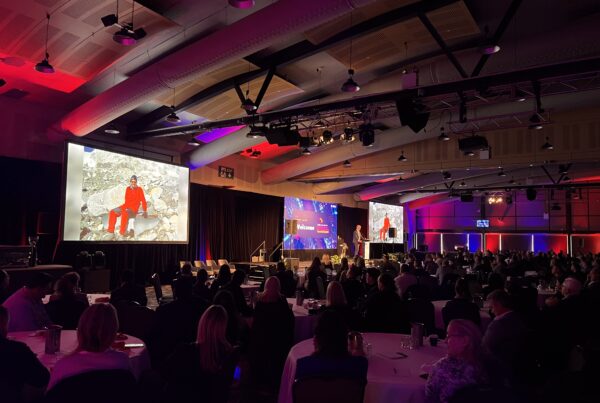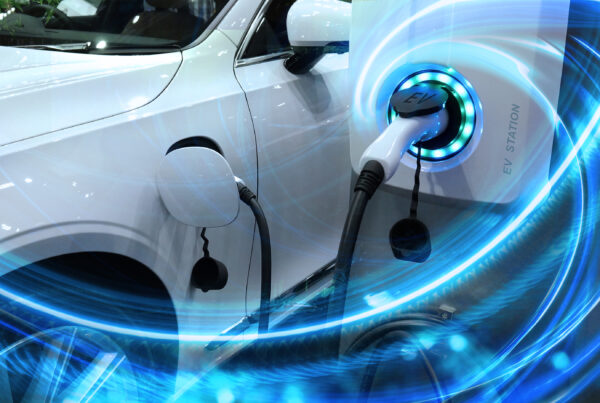New Zealand’s new car market showed a modest recovery in August 2024, with 9,990 vehicles registered. This is a 2.1 per cent rise compared to the same month last year. According to the Motor Industry Association (MIA), this growth was driven by a 71.2 per cent spike in rental sales, with 612 more units sold to rental companies than in August 2023, marking the highest rental volumes of the year.
However, despite the monthly uptick, the year-to-date figures tell a different story. Overall registrations in 2024 are down by 18.7 per cent, or 18,846 fewer vehicles, compared to the same period in 2023.
Light Passenger and Commercial Vehicles
Light passenger vehicles, including SUVs, made up 67.7 per cent of the market in August, with 6,765 vehicles sold. That is a slight dip from 6,971 units in August last year. So far in 2024, sales in this category have dropped 26.4 per cent.
In contrast, light commercial vehicles had a strong month, with a 23.7 per cent jump in sales, reaching 2,576 units. Year-to-date sales in this segment are holding steady, up just 0.3 per cent compared to last year. Leading the pack was the Ford Ranger, with 826 units sold, followed by the Toyota Hilux and Mitsubishi Triton.
Heavy commercial vehicle sales also showed a slight increase, with an average of 644 units sold per month so far this year, up from 629 in 2023. However, August sales were down 12.7 per cent compared to the same month last year.
Shifts in Buyer Preferences and Powertrains
Business buyers continued to be the largest group in August, making up 51.2 per cent of sales, followed by private buyers at 31.4 per cent. While sales to private buyers fell 7.1 per cent compared to last year, the rental market made up ground with a noticeable increase in demand.
Meanwhile, petrol and diesel vehicles (ICE) still dominate the market representing 67.6 per cent of all sales in August. Hybrid vehicles also remained popular, making up 24.4 per cent of the market. Meanwhile, battery electric vehicles (BEVs) and plug-in hybrids (PHEVs) saw a significant drop in sales. BEVs accounted for just 5.8 per cent of August sales, down from 9.2 per cent last year.
While August brought a positive lift, particularly in rental and light commercial sales, the overall market remains down for the year. As the automotive industry heads into the last few months of 2024, all eyes will be on how changing trends—like the growing interest in hybrid technology—and strong performances from business and rental buyers will shape the rest of the year.
Did you find this article interesting? Click the ‘heart’ button above to give it a ‘like’!



















